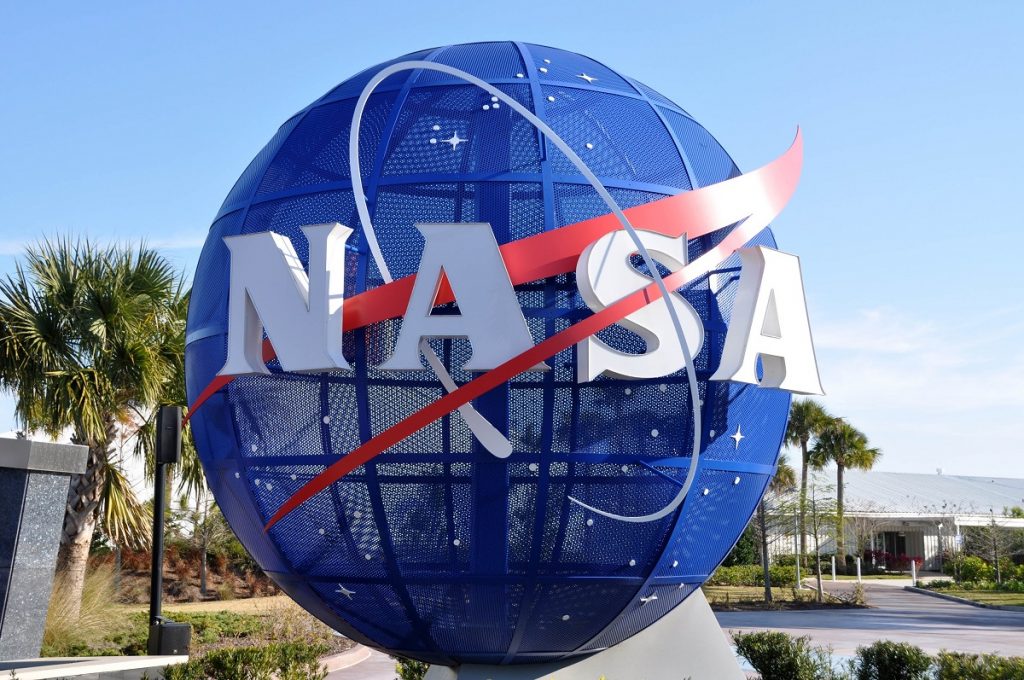
NASA and Lockheed Martin Corp. (NYSE: LMT) have announced the finalization of a contract for the production and operations of six Orion Multipurpose Crew Vehicles (MPCV), with up to twelve being manufactured in total. The Orion Production and Operations Contract (OPOC) signed by the companies specifies the delivery of 6 to 12 Orion spacecraft through to Sept. 30th, 2030.
Three Orion spacecraft are for crewed missions to the lunar surface occurring between 2024 and 2026. NASA plans to order three more by 2022 to conduct missions tentatively scheduled to run from 2026 to 2028. The first set will be obtained at a cost of $2.7 billion, while the second set will cost an additional $1.9 billion.
NASA Administrator Jim Bridenstine said in a NASA press release, “This contract secures Orion production through the next decade, demonstrating NASA’s commitment to establishing a sustainable presence at the Moon to bring back new knowledge and prepare for sending astronauts to Mars. Orion is a highly-capable, state-of-the-art spacecraft, designed specifically for deep space missions with astronauts, and an integral part of NASA’s infrastructure for Artemis missions and future exploration of the solar system.”
NASA plans to use the Orion capsule to send the first woman and the next man to the Moon by 2024 as part of the Artemis III mission. Rick Ambrose, the executive vice president of Lockheed Martin Space, said, “This contract clearly shows NASA’s commitment not only to Orion, but also to Artemis and its bold goal of sending humans to the Moon in the next five years. We are equally committed to Orion and Artemis and producing these vehicles with a focus on cost, schedule, and mission success.”
Combined with the massive Space Launch System (SLS), the Orion spacecraft will allow humans to take long-duration missions beyond Low Earth Orbit (LEO) for the first time in over 50 years. U.S. Vice President Mike Pence unveiled the Orion capsule that would be used for the Artemis I mission during a commemorative ceremony marking the 50th anniversary of the Apollo 11 Moon Landing in July. The launch date of this mission has not yet been announced due to delays with the production of the SLS.
